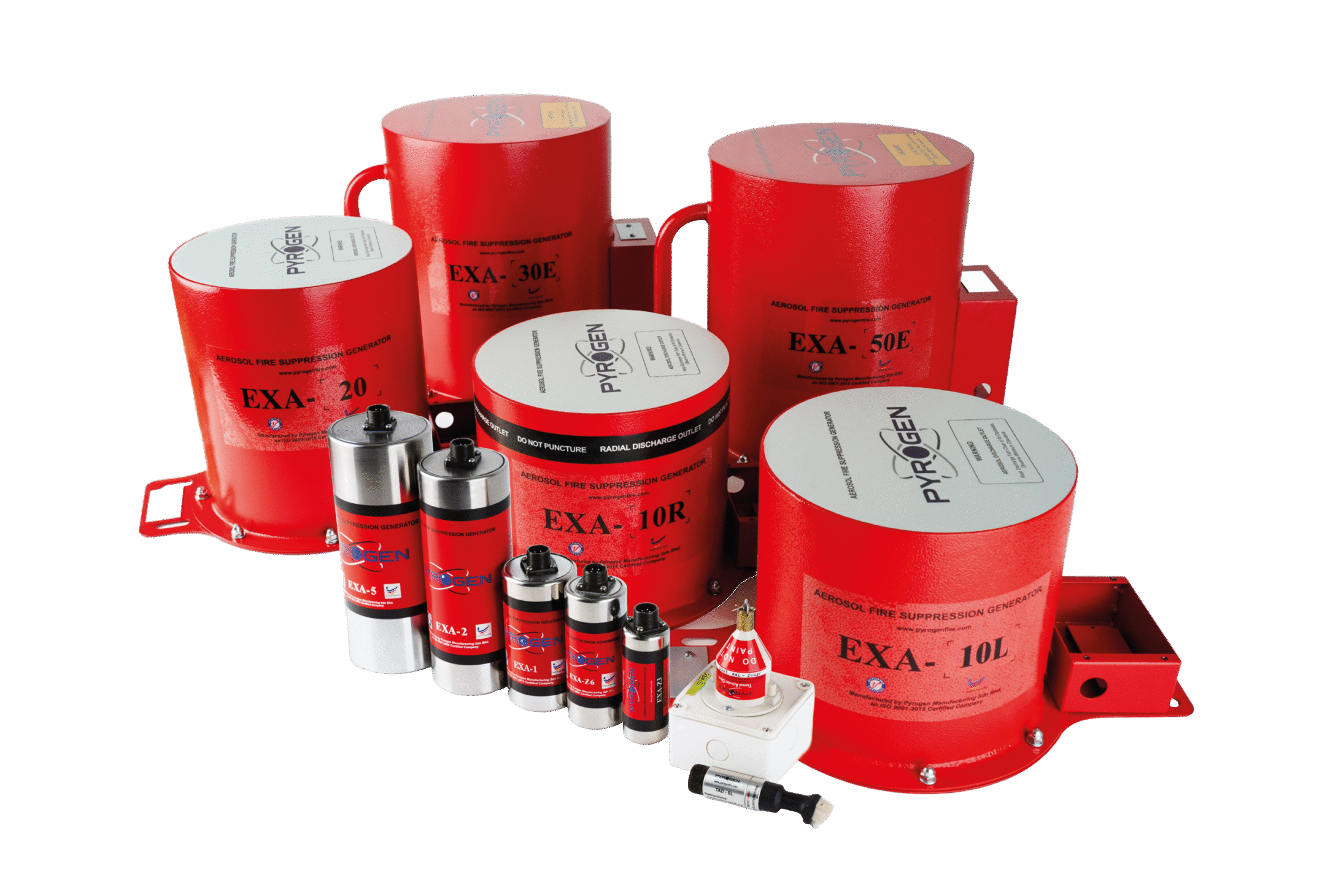
Fire safety is a critical concern for marine engineers, given the unique challenges of managing fire at sea. Fires aboard vessels can escalate rapidly, damaging equipment, threatening the environment, and endangering lives—especially when help is far away. As a result, maritime operations are subject to strict fire protection standards to address these risks.
All types of vessels, from small boats to large ships, are vulnerable to fires. Common causes include:
Fuel or oil leaks – Faulty lines in the engine compartment can leak onto hot surfaces, triggering ignition.Electrical faults – Corroded wiring, poor installations, or aging harnesses can lead to shorts, especially in engine bays or near electrical panels.Overheating engines – Blocked water intakes or neglected maintenance can cause engines to overheat and ignite surrounding components.Battery systems – Improper installation, damaged connections, and distributed electrical panels increase the risk of electrical fires.External power sources – Poorly connected or tensioned shore power cords can overheat and catch fire due to wave or wind movement.
The consequences of a fire on a vessel—particularly at sea—are often severe and immediate. Fires frequently begin in enclosed or concealed spaces, such as engine rooms, control rooms, battery compartments, or storage areas, which are difficult to access quickly during an emergency. Once a fire starts, the confined space and presence of flammable materials can lead to rapid escalation, overwhelming firefighting efforts and endangering all on board.
Every year, fires and explosions on recreational and commercial vessels cause injuries, fatalities, and millions in damages. Many of these incidents are preventable or their impact reducible with proper risk awareness, system maintenance, and fire suppression solutions. However, too often, boat owners underestimate the risk or rely solely on portable extinguishers. While essential, handheld extinguishers offer limited discharge time and require close-range operation—putting users at risk, especially if the fire has already escalated.
To address these challenges, modern vessels—particularly those with critical operations or expensive assets—must be equipped with automatic fire detection and suppression systems. These systems can detect fires in their earliest stages and activate suppression agents without requiring manual action. They are specifically engineered to perform reliably in marine environments, providing protection for engine compartments, battery banks, control panels, and cargo holds.
Preserve the core of your business operations by safeguarding critical assets and human lives from potential fire hazards.
With Pyrogen’s fire suppression systems, your operations can run seamlessly with minimal disruptions from fire incidents and your employees can work in a safe environment.
Pyrogen’s range of fire suppression systems are certified to international fire standards, environmentally friendly and manufactured with stringent quality standards.
